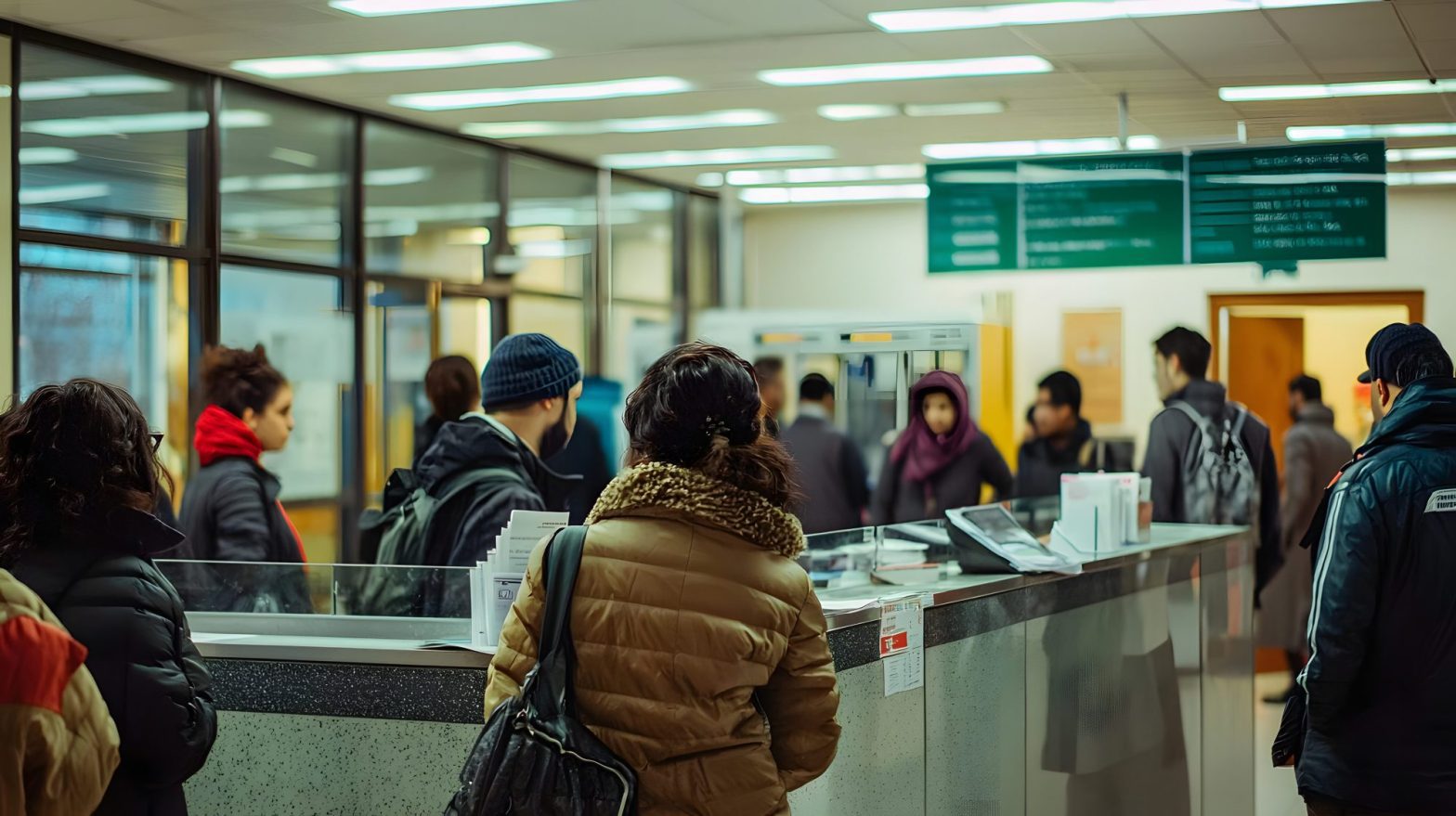×
×
- Home
- Profiles
- Practice Areas
- Appeals & Federal Litigation
- Business Immigration, Entrepreneurs & Investors
- Employment Non-Immigrant Visas
- B-1 (Business Visitors)
- E-3 (Professional Visas for Australians)
- H-1B (Professionals)
- H-2B (Seasonal Workers)
- H-2A (Agricultural Workers)
- J-1 (Training and Exchange Visa)
- L-1A/L-1B (Multinational Intra-Company Transferees)
- O-1 (Extraordinary Ability Visa)
- P-1 (Artists, Athletes and Entertainers)
- Q-1 (Cultural Exchange Visitors)
- R-1 (Religious Workers)
- TN (NAFTA Professionals)
- Investor Visas
- Permanent Residence through Employment
- Permanent Residence through Investment
- Employment Non-Immigrant Visas
- Deportation Defense
- Employer Compliance
- Family & Citizenship
- LGBT Issues
- Processing Visas at Consulates
- Vulnerable Populations
- Federal Litigation Cases
- FAQs
- Client Reviews
- Blog
- Firm News
- Careers
- Review Our Firm
- Contact Us









